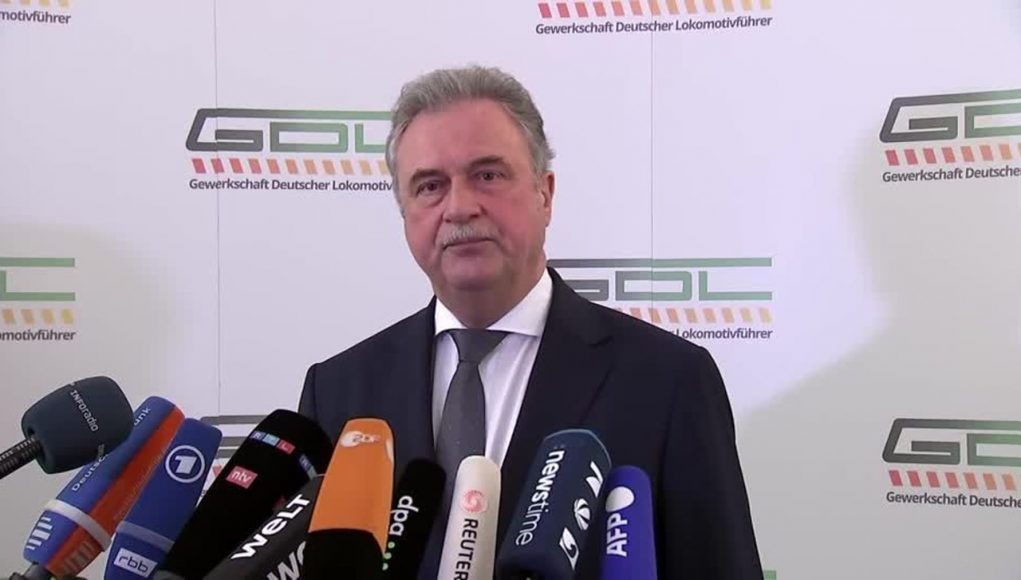GDL boss Weselsky turns down the rail offer. This time he wants to strike for six days. This lack of compromise is getting on the nerves of many Germans and is also damaging to the union itself.
It has something of Groundhog Day: As in the well-known Bill Murray film “Groundhog Day,” Germany has been waking up to the same news for months. The train drivers' union GDL under its boss Claus Weselsky is calling for a strike. Behind this is the demand for a 35-hour week with full wage compensation. But while the railway offered salary concessions, it did not want to accept the reduction in working hours for a long time.
Last week the proposal: 37-hour week with full wage compensation. But the week starts again with a strike announcement. The marmot says hello. Things cannot continue like this because there is too much at stake – not least trust in the railway and its future viability. In doing so, the GDL is also harming itself.
Weselsky and the GDL have every right to strike, because this is a legitimate means of industrial action. But collective bargaining autonomy also includes trust that the collective bargaining partners take each other seriously and that suggestions are at least discussed. That's exactly what Weselsky didn't do; instead, he even tripled the number of strike days.
The railway suffers little from strikes
It is not the railway board, which Weselsky hates so much, who is primarily suffering from the strike, but rather millions of commuters, travelers and also many large and medium-sized companies that rely on rail. The nerves and wallets of all these people must not become a permanent venue for collective bargaining battles.
The GDL needs a certain understanding in order to be able to assert itself within the railway company in the future, after all, it is the significantly smaller union next to the larger railway workers' union (EVG). Weselsky has many fans among train drivers, but whether his union can continue to grow is at least uncertain. The EVG likes to present itself as the alternative, which is able to strike but is more willing to compromise.
Difficult situation among the population
On the other hand, Weselsky is already in a difficult position among the population; for many, the impact of canceled vacation trips and delays at work outweighs the understanding of the industrial dispute. Weselsky actually has a grateful opponent. The railway is considered to be in ruins, every third long-distance train is delayed and at the same time the board members receive bonuses worth millions. Every customer and every citizen must find this unfair, because although the railway is a stock corporation, it is 100 percent owned by the state.
But Weselsky, given his unwillingness to compromise, can no longer hope for support from frustrated train drivers. In fact, it gives them even more reasons to avoid the train for important appointments, even if they are very environmentally conscious – one thing is for sure. If the disputers from the railways and the union cannot or do not want to come to an agreement, the only way back to the negotiating table seems to be arbitration in this messy situation. If Weselsky is serious about a good finish for his Bahners, he has to respond to it.
Share your opinion
Do you think the rail strike is justified? Write an email to [email protected]. Please use the subject “rail strike” and explain why. If you are a railway employee, please let us know.































